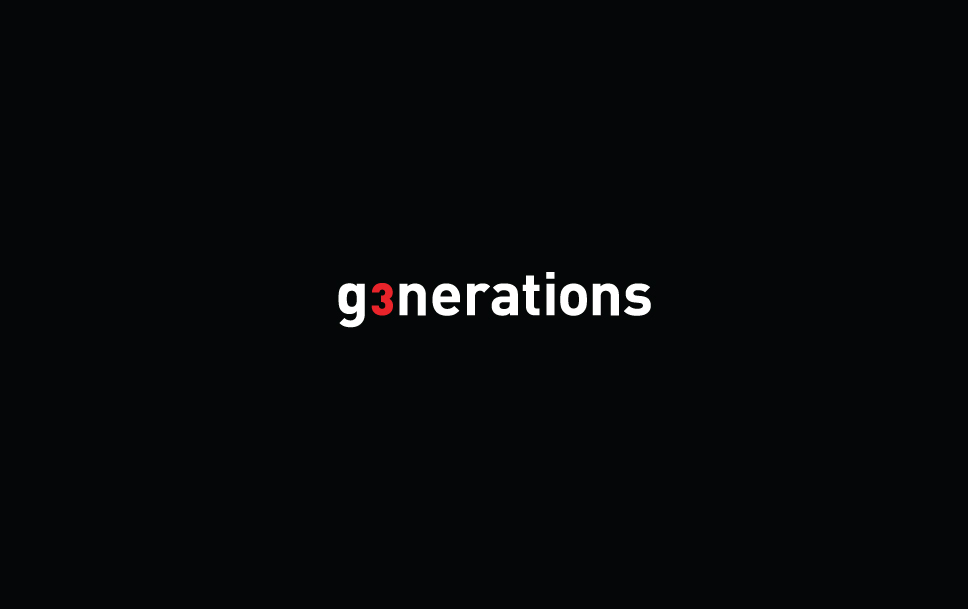Opinions
How I tell my sex trafficking survivor story
By: Danielle Douglas, sex trafficking survivor and advocate
This article originally appeared in the Huffington Post.
I was lured by a pimp as a 17-year-old freshman at Northeastern University and spent two harrowing years under his control. I managed to escape with the help of my family, and have spent the last eight years rebuilding my life. I am one of the lucky ones. I am a survivor. As a result, I have become a passionate advocate to help those less fortunate than I.
I am extremely thankful for the opportunities I have been given to speak out and fight against sex trafficking. I have learned to feel comfortable speaking publicly about what happened to me. In many ways, telling my story has helped me recover.
Recently, I have come to realize that the struggle against trafficking can be a confusing journey that often leaves me hopeless and saddened. It’s not only our shame as survivors and the prejudice we experience from members of the community that we have to overcome, but sometimes it’s also the intentions of those who seek to help us.
Survivors are not always treated as experts, even when talking about our own experiences. This is unfortunate. People who see themselves as friends in the anti-trafficking movement seem to have forgotten the true meaning of what it is to be a survivor. A survivor is someone who puts himself or herself on the line, battling their own fear, safety and mental and social anguish to fight for their own freedom and the freedom of others. The stakes are literally life and death. Survivors aren’t actresses or actors. We are not selling or promoting a product. We are not engaged in the issue because we are “mission driven” folks. We are engaged in the issue and in this struggle because we know how it feels to be hopeless, to be suicidal, to feel no self worth, to feel that we are disposable.
I find today in my life as a survivor that when I am mistreated, it brings me back to when I was under pimp control. I thought the pimp who had manipulated and beat me, mentally and physically, was dead and gone. I was wrong. He lives on. The PTSD is only one cruel barb or one misguided manipulation away. The general public needs to be educated and can perhaps be forgiven for not knowing better. But those who work on this issue must do better. At times it feels that in the search for a good story we are willing to sell not only our own souls to the devil, but also the souls of others, including those whose souls are just regaining their strength. What exacerbates all of this is who some of these soul sellers are. The fact is they can be anyone — strangers or the media — or they can be our so-called “allies,” abolitionists, NGOs and service providers. The same people who you think would understand and know how to support a survivor of sex trafficking.
I have been asked on some occasions if I can “look young” for certain media opportunities because they want to have an underage survivor. “It brings more attention to the issue.” “It causes more concern.” But where do we draw the line? Isn’t that just the same as a john asking me to put pigtails in my hair so I look 13?
Luckily, a majority of my experiences in the advocacy world have been positive, uplifting and motivating, including my work on the upcoming documentary, Tricked. Throughout the filming, I was encouraged and supported in sharing my story and experiences. I was given many freedoms regarding what was filmed, and this assisted me in reaching deeper into my recovery as a survivor. The experience returning to where I was trafficked was pretty terrifying, but I have no regrets. I feel lucky and honored to have been given the opportunity to work with Jane Wells and 3Generations and the amazing men in law enforcement that I share the film with, Chris Baughman and Dan Steele.
My hope is that the film is able to reach a wide range of people and possibly transform their beliefs around sex trafficking. The diverse stories and viewpoints depicted throughout the film allow for a fuller understanding of the issue. This is what makes the film so powerful: we hear from the pimps, johns, survivors, families and law enforcement officials.



